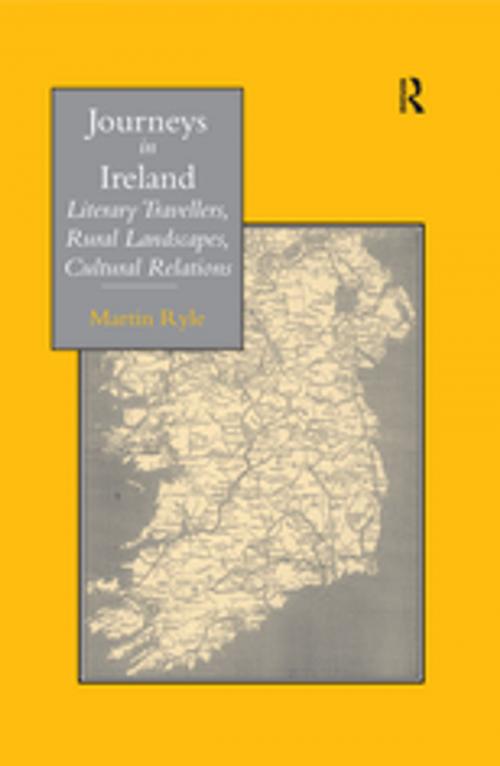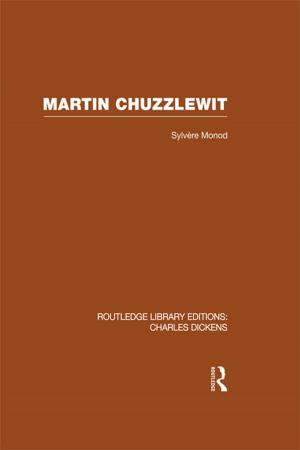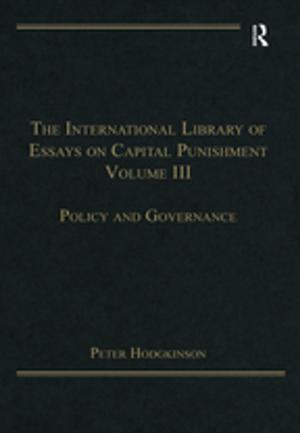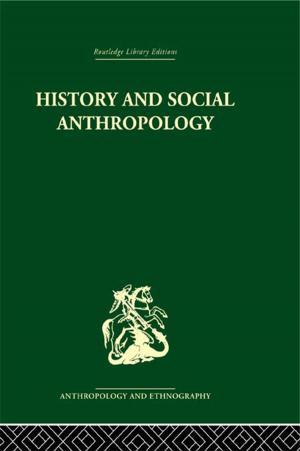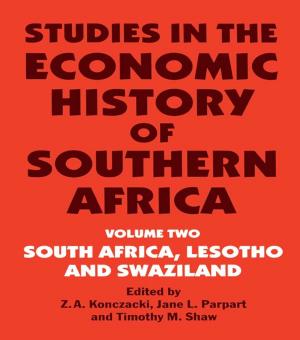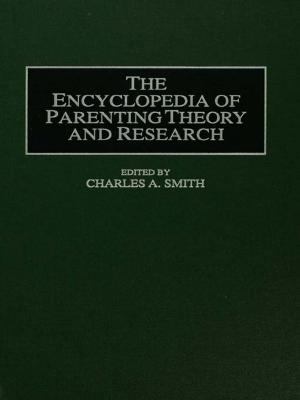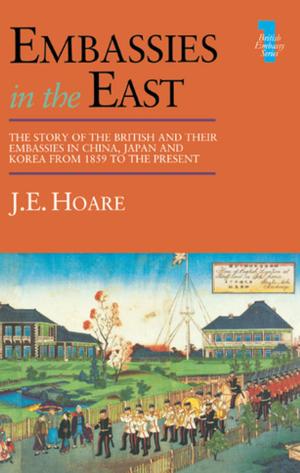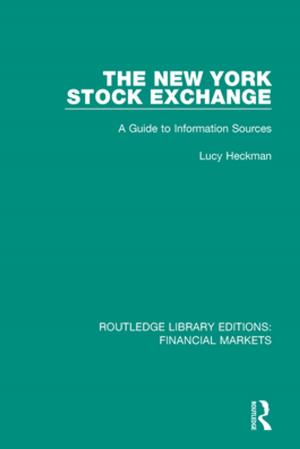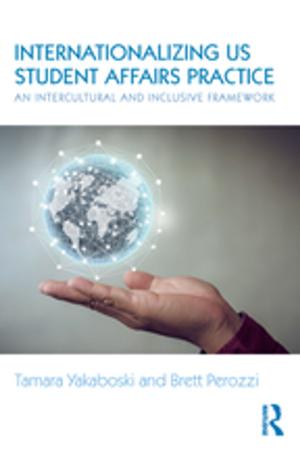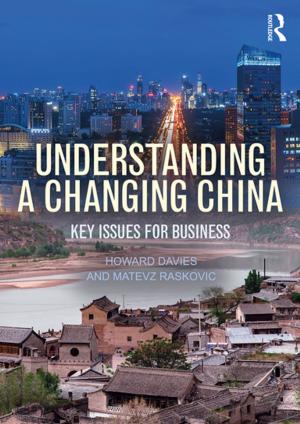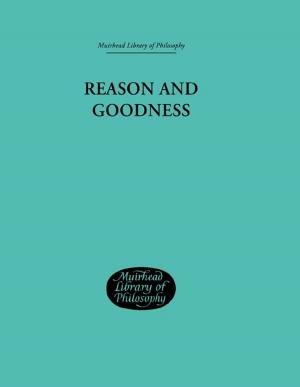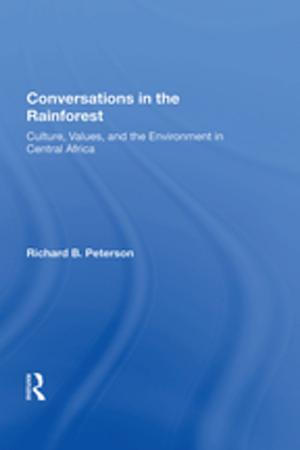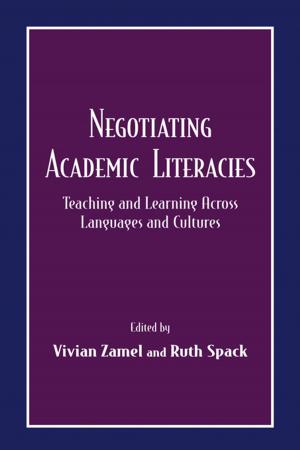| Author: | Martin Ryle | ISBN: | 9781351924795 |
| Publisher: | Taylor and Francis | Publication: | December 5, 2016 |
| Imprint: | Routledge | Language: | English |
| Author: | Martin Ryle |
| ISBN: | 9781351924795 |
| Publisher: | Taylor and Francis |
| Publication: | December 5, 2016 |
| Imprint: | Routledge |
| Language: | English |
This volume offers a reasoned critical account of a wide range of travel writing about rural Ireland. The focus is on work by English travellers who visited Ireland for pleasure, from the ’scenic tourists’ of the post-Romantic period to Eric Newby in the 1980s. Ryle also discusses accounts by American and English anthropologists, as well as writing by Irish authors including J.M. Synge, George Moore, Sean O’Faolain and Colm TóibÃn. The materials reviewed and discussed here, including many books which are now difficult to find, offer illuminating and sometimes entertaining evidence about the development of tourism. Ryle also shows how the discourses and practices of pleasurable travel have intersected with and been marked by the dimensions of power and proprietorship, hegemony, and resistance, which have characterised Anglo-Irish and Hiberno-English cultural relations over the last two centuries. Journeys in Ireland will interest all those concerned with the literature and history of those relations, and will be an invaluable resource for scholars, teachers and students concerned with travel writing and tourism with and beyond these islands.
This volume offers a reasoned critical account of a wide range of travel writing about rural Ireland. The focus is on work by English travellers who visited Ireland for pleasure, from the ’scenic tourists’ of the post-Romantic period to Eric Newby in the 1980s. Ryle also discusses accounts by American and English anthropologists, as well as writing by Irish authors including J.M. Synge, George Moore, Sean O’Faolain and Colm TóibÃn. The materials reviewed and discussed here, including many books which are now difficult to find, offer illuminating and sometimes entertaining evidence about the development of tourism. Ryle also shows how the discourses and practices of pleasurable travel have intersected with and been marked by the dimensions of power and proprietorship, hegemony, and resistance, which have characterised Anglo-Irish and Hiberno-English cultural relations over the last two centuries. Journeys in Ireland will interest all those concerned with the literature and history of those relations, and will be an invaluable resource for scholars, teachers and students concerned with travel writing and tourism with and beyond these islands.
